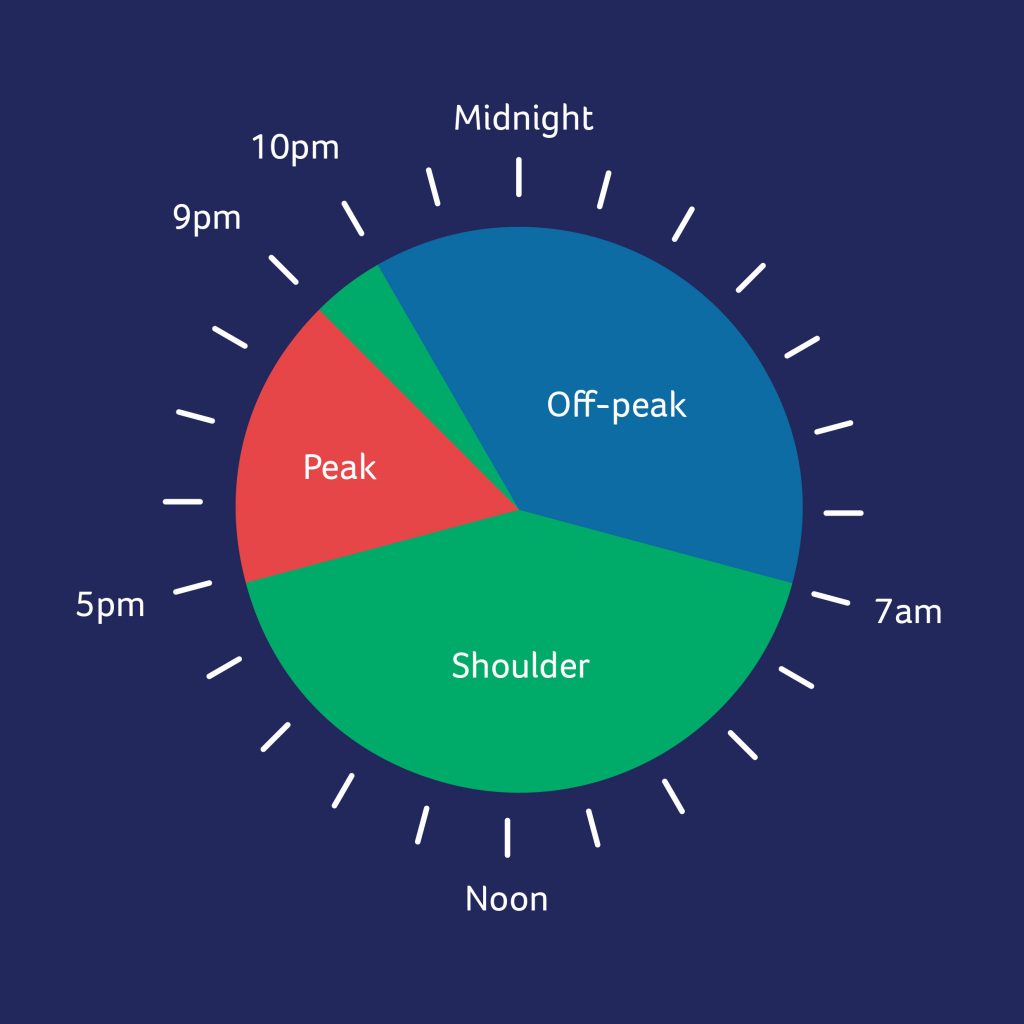Energy prices are rising and so are bills for many Australians. If you aren’t happy with how much you are paying for energy, a good place to start is making sure you are on the best deal.
Ask if there is a better energy deal
Unhappy with your latest bill? Contact your energy retailer to make sure you are on the best deal for your circumstances.
Our PowerCall tool can help step you through how to have this conversation with your retailer.
Questions to ask your energy retailer

When you’re calling your retailer, some questions you might want to ask include:
- Am I on your best plan?
- Do you have a better offer that would suit my household or business and our energy use?
- Am I eligible for any concessions or rebates? OR I’m a government concession holder. Can you make sure any concessions I’m eligible for have been applied to my bill?
- Am I paying any extra fees, such as for receiving a paper bill, or paying late?
- Can I pay my bill more often, and will my costs be estimated? (This can be helpful to manage your budget and avoid bill shock).
- Don’t want to talk on the phone? Check your retailer’s website for real-people chat functions.
Find out what tariff you’re on
It’s a good idea to find out what type of tariff you are on. This will affect how you are charged for your energy use.
A flat rate tariff (also known as a single rate) means that you pay a fixed price regardless of the time of day.

A time of use tariff means how much you pay for electricity changes for different parts of the day. This varies from retailer to retailer but usually:
- Peak (most expensive) – evenings
- Off peak (cheapest) – late at night/early morning and weekends
- Shoulder (moderate) – all other times
You might be able to save money on this kind of tariff, if for example:
- You can easily change when you use big appliances, like a washing machine, to times when prices are cheaper
- You have solar
Time of use tariffs will not work for everyone, and you need a smart meter to access one.
Demand tariffs are based on the highest amount of electricity you use during a 30-minute period in your billing cycle.
Find out more about what tariff might best suits your circumstances in our factsheet on comparing energy deals.
Extra Tips

Receive Centrelink payments? Through Centrepay, you can arrange for your energy retailer to directly pay your energy bill.
Ask your retailer or Centrelink to set this up for you.

Still not happy? It might be time to look at switching to another energy retailer. For help with how to switch, see our factsheet on ‘how to compare energy deals’.
Need extra support? Speak with your retailer.

If you can’t pay your energy bill, or you think you will struggle to pay it in the future, don’t wait until you receive a disconnection warning notice to seek help. Your retailer is obligated to help you and has programs in place to do so. The sooner you ask for help, the sooner you can receive it.
You may like to say:
- “I’m having trouble paying my bill. What can you do to help?”
- “I can only afford (say how much you can afford per fortnight/month)”
- “My circumstances have changed, and I don’t think I will be able to pay my upcoming bill, what can you do to help me?”
Get more advice on what support you can access if you’re struggling to pay your energy bill in our factsheet.
Are you a small business customer? If you are under financial stress, make sure to ask how your retailer can help – even if it’s only temporarily. Or if you are looking for tips on how your business can lower its energy use, check out our factsheet.
National Debt Helpline

If you need more help to manage bill stress and/or other debts, call the National Debt Hotline on 1800 007 007 to speak to a financial counsellor. This is a free, independent, and confidential service.

